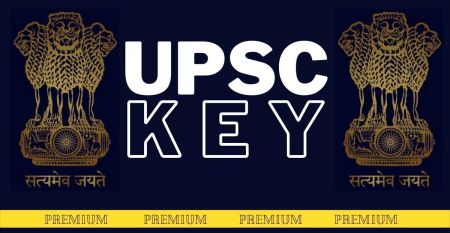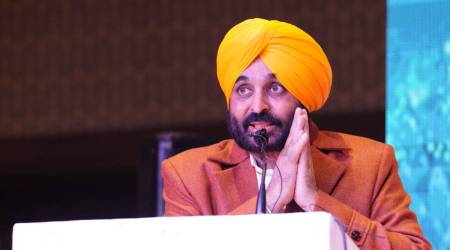The results of the National Achievement Survey (NAS) 2021, released on May 25, have given some shocking results for Maharashtra, showing that even basic learning outcomes have not been achieved by secondary school students, science and maths in particular. is a pain point. A national level survey in November 2021 shows that almost one in three students in secondary school (surveyed in classes 8th and 10th) is unable to even answer basic science and maths questions. The performance deteriorated when the students reached the higher classes.
Academics say the report should come as a wake-up call to make policy changes.
Govind Nandede, former director of the Maharashtra State Council of Education, Research and Training, said the problem has been common knowledge for some time. “I see two major findings from this survey: One is that as students move on to secondary schools, learning outcomes drop. This is because state governments in Maharashtra run schools up to the primary level. From the eighth grade onwards, Students have to go to aided or private schools as we do not have Zilla Parishad schools. Contrary to perception, ZP teachers are well qualified and go through a tedious recruitment process, whereas in private schools the salary is low and quality is not maintained.”
According to him, the second problem of science and mathematics, especially the latter, is an older one. “Unfortunately, we focused a lot on assessing the learning outcomes of students, but not on solutions. It has been our personal experience during training that the basic concepts of teachers are not clear. We have attached great importance to rote… we need to enhance experiential learning, make teachers understand that students need to experiment with maths. And for that, our training module needs to change,” he said.
Eminent educationist and President’s Medalist for Best Teacher AL Deshmukh said that teachers should be held accountable for these results.
“When the child is in small classes, he gets a lot of support from home. But as they grow up, parents cannot help them. It becomes the primary responsibility of the school teachers to ensure that the concepts of the students are clear. If you ask any teacher they will say that the syllabus is completed but it is their job to complete the syllabus? Their job is to ensure that every child in their class has achieved the learning outcome or minimum knowledge required for their age,” he said.
The NAS report shows that in Class X, two out of three students or 77 per cent of the students surveyed performed below the basic level in science. In Class 8, 38 percent – one out of every three – students scored below the original marks. As the student ages, learning outcomes get progressively worse. When it comes to maths, 27 percent in Class 8 and 33 percent in Class 10 performed below the basic level.
Pune District Teachers Association president Harishchandra Gaikwad attributed this to the no-detention policy of the Right to Education (RTE) Act. “Ever since the policy came, students are being promoted to the next grade, irrespective of whether they have achieved the learning outcomes of the lower classes or not. That is why by the time they reach class 8, they do not correspond to marks. The examinations and detention prompted students and parents to take studies seriously and even the teachers were more cautious.”
However, not everyone agrees with him.
“Detention was stopped, not teaching. Whose responsibility is it to ensure that the child receives the minimum education required for his age? And if teachers know which students have not achieved those learning outcomes, they should take additional classes and provide remedial education,” Nandede said.


